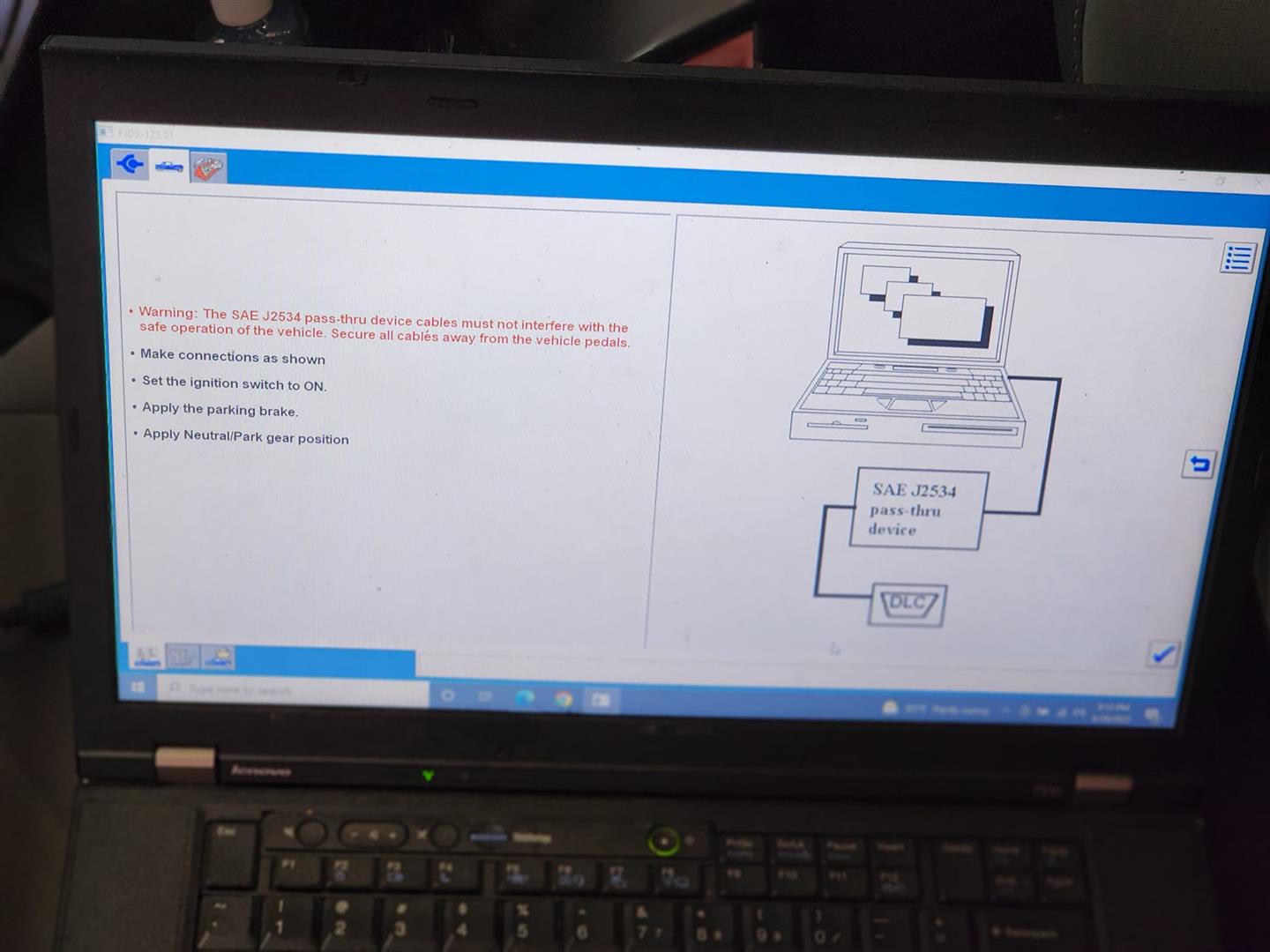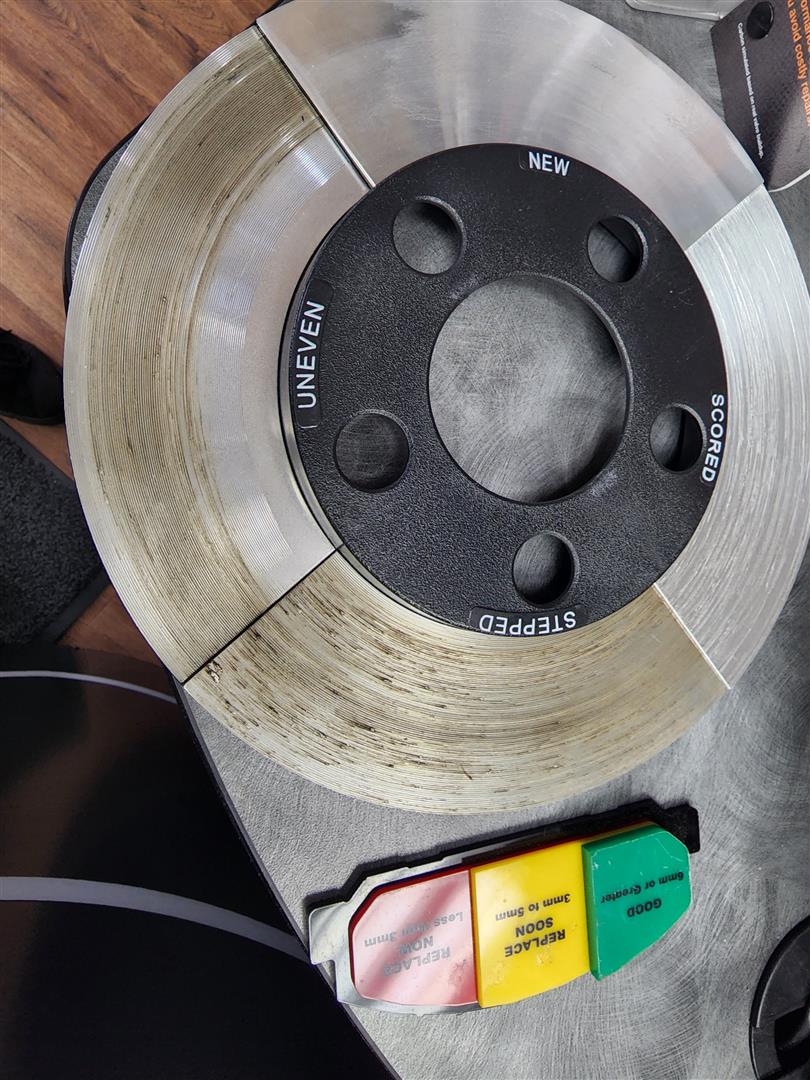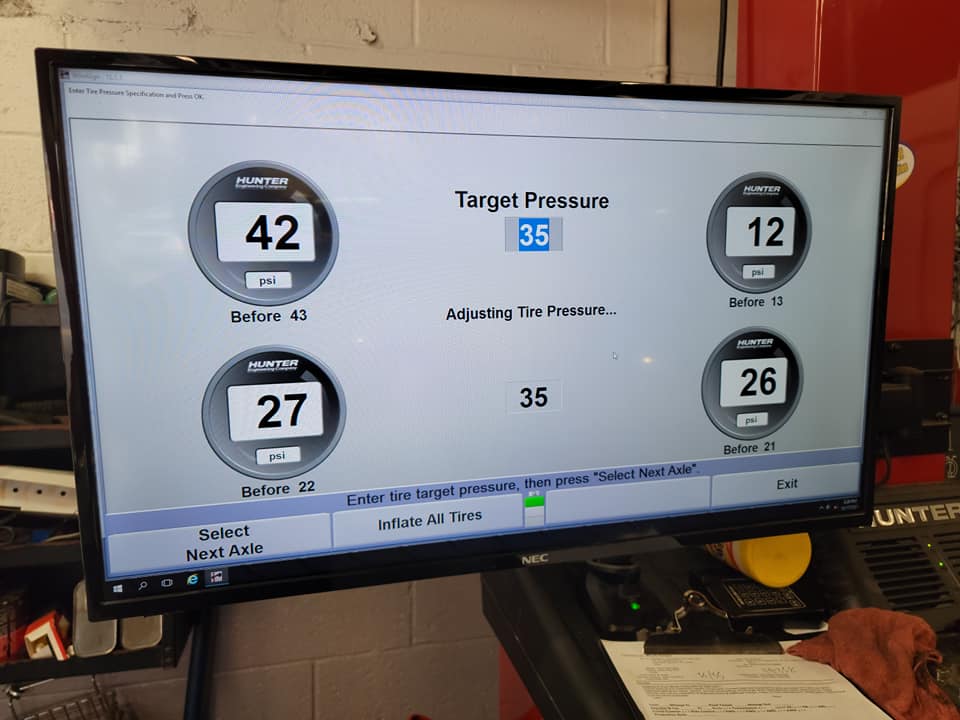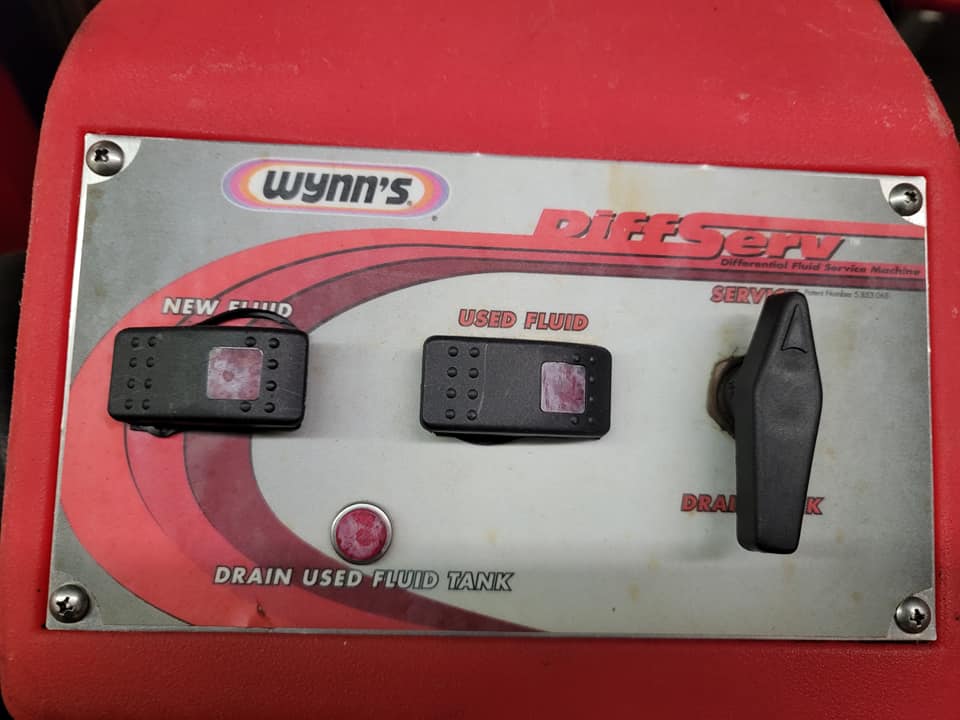Posted on 3/8/2023

Updating your vehicle's software is important for several reasons: Safety: Vehicle manufacturers regularly release software updates to address potential vulnerabilities and security risks. These updates can help protect your vehicle from hacking or unauthorized access, ensuring the safety of both the vehicle and its occupants. Improved performance: Software updates often include optimizations that can improve the overall performance of your vehicle, such as better fuel efficiency, smoother acceleration, or enhanced braking responsiveness. Bug fixes: Like any software, vehicle software can have bugs or glitches that could affect your driving experience or the functionality of your vehicle's systems. Regular updates help to fix these issues, ensuring that your vehicle remains reliable and efficient. Enhanced features: Manufacturers may introduce new features or enhancements to existing features through software updates. By keeping your vehicle's software up-to-date, you c ... read more
Posted on 2/21/2023

Testing your vehicle's battery on every visit to the repair shop is important for several reasons: Battery Life: A battery's lifespan can vary greatly depending on factors such as weather conditions, usage, and age. Regular battery testing can help identify a battery that is nearing the end of its life, allowing you to replace it before it fails and leaves you stranded. Battery Health: Regular battery testing can also help identify a battery that is not holding a charge as well as it should. This can be caused by a variety of factors, including a faulty alternator or parasitic draw. Identifying these issues early can help prevent further damage to your vehicle's electrical system. Preventative Maintenance: Battery testing is a form of preventative maintenance that can help ensure the reliability of your vehicle. Catching a failing battery early can prevent more serious problems from occurring, such as a dead battery that requires a jump start or tow. Cost Savings: Regu ... read more
Posted on 2/2/2023

Changing your vehicle's brakes is an essential maintenance task. While the procedure can vary depending on the type of brake system and specific vehicle, here is a general step-by-step guide to help you change your vehicle's brakes properly: Note: This guide assumes you have a basic understanding of automotive maintenance and access to the necessary tools. If you are unsure, it's best to consult a professional mechanic. Gather necessary tools and materials: Lug wrench Socket wrench and appropriate sockets C-clamp or brake caliper compressor tool Brake cleaner Shop towels or rags New brake pads and rotors (if needed) Gloves and safety glasses Jack and jack stands Prepare the vehicle: Park your vehicle on a level surface and engage the parking brake. Loosen the lug nuts on the wheel(s) you'll be working on but do not remove them completely. Using the jack, lift the vehic ... read more
Posted on 1/24/2023

When your TPMS (Tire Pressure Monitoring System) light is on, it generally indicates that one or more of your vehicle's tires have low air pressure or that there is an issue with the TPMS system itself. The TPMS is designed to monitor the air pressure in your tires and alert you when the pressure falls below a certain threshold, usually set by the vehicle manufacturer. Here are a few reasons why your TPMS light might be on: Low tire pressure: The most common reason for the TPMS light to come on is that one or more tires have low air pressure. This can be caused by a slow leak, a puncture, or natural pressure loss over time. In this case, you should check the air pressure in all your tires (including the spare tire, if equipped) and inflate them to the recommended pressure specified in your owner's manual or on the placard located on the driver's side door jamb. Rapid pressure loss: A rapid loss of tire pressure, such as from a puncture or impact, can also trigger ... read more
Posted on 1/12/2023

Flushing your vehicle's fluids is important for several reasons: Contaminants: Over time, fluids in your vehicle can become contaminated with dirt, debris, and other particles that can damage your vehicle's engine or other components. Flushing your fluids removes these contaminants, which can improve the performance and lifespan of your vehicle. Oxidation: Some fluids, such as brake fluid and power steering fluid, can break down over time due to oxidation. Flushing these fluids and replacing them with fresh fluids can help prevent corrosion and other damage caused by oxidized fluids. Overheating: Old, dirty coolant can cause your vehicle to overheat, which can damage your engine and other components. Flushing your coolant and replacing it with fresh coolant can help regulate your vehicle's temperature and prevent overheating. Lubrication: Some fluids, such as engine oil and transmission fluid, are essential for lubricating your vehicle's moving parts. Old or dirty f ... read more